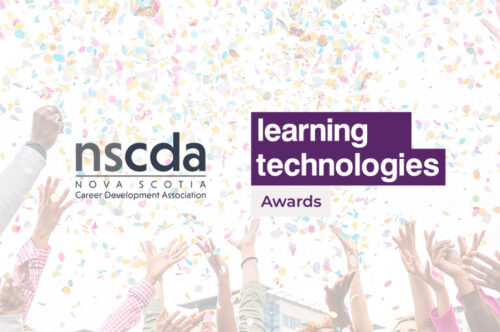The food and beverage industry is large and dynamic. With strict hygiene regulations, evolving customer preferences, high staff turnover and a focus on sustainability and the environment, training needs are constant and critical. From ensuring food safety compliance to delivering exceptional customer service, employees need continuous learning opportunities to maintain standards and drive success. eLearning for the food and beverage industry offers a practical, scalable solution that addresses the unique challenges faced by restaurants, cafés, bars, hotels and food manufacturing businesses.
Why eLearning works for food and beverage
The food and beverage industry faces distinct training challenges that make eLearning an ideal solution. Here are the key reasons why digital learning has become essential for food service organisations:
- Flexibility for shift patterns: Food and beverage employees work varying shifts, including early mornings, late nights and split shifts. eLearning allows staff to complete training during quieter service periods or before shifts begin, without requiring everyone to attend at a specific time.
- Consistency across venues: Whether you operate a single restaurant or a nationwide chain, eLearning ensures every employee receives the same high-quality training. This consistency is crucial for maintaining food safety standards and brand experience across all locations and all staff.
- Rapid onboarding: With high turnover rates in the industry, efficiently training new starters is essential. eLearning enables new employees to complete induction modules before their first shift, getting them up to speed faster.
- Compliance tracking: Food safety regulations require documented proof of training. eLearning platforms automatically track completion rates and generate certificates, simplifying audit preparation and ensuring compliance.
- Multilingual delivery: Many food service teams include employees with different first languages. eLearning can easily provide training in multiple languages, ensuring everyone understands critical safety and service information.
Key areas for food and beverage eLearning
Successful food and beverage organisations use eLearning to address multiple training needs across their workforce.
- Food safety and hygiene: Interactive modules covering HACCP principles, allergen management and personal hygiene ensure all staff understand their responsibilities. Regular refreshers help maintain high standards and prevent costly violations.
- Customer service skills: Scenario-based learning helps employees practise taking orders, handling complaints and upselling menu items. These modules can simulate busy service periods without the pressure of actual customers.
- Equipment operation: Step-by-step video tutorials demonstrate proper use of kitchen equipment, coffee machines and POS systems. Employees can review procedures multiple times until confident.
Making eLearning engaging for food service staff
Food and beverage employees are often on their feet all day in fast-paced environments. Here’s how to create eLearning that captures and maintains their attention:
- Keep modules bite-sized: Design microlearning that can be completed in 5-10 minutes. This allows employees to fit training into natural breaks in service or pre-shift briefings.
- Use video demonstrations: Show proper techniques for food preparation, plating and service through clear video content. Visual learning is particularly effective for practical skills.
- Include real workplace scenarios: Create content that reflects actual situations employees face. A module on handling difficult customers should include examples from real restaurant settings.
- Mobile-optimised learning content: Many employees access training on personal devices or shared tablets. Ensure all content works perfectly on smaller screens with simple navigation.
The future of food and beverage learning
As the industry continues to evolve, so too will training needs. Augmented reality may soon allow chefs to perfect plating techniques through holographic demonstrations. AI-powered chatbots could provide instant answers to food safety queries during service. Wearable devices might deliver micro-reminders about hygiene protocols at critical moments.
What remains constant is the need for food and beverage employees to maintain high standards of safety and service. eLearning provides the flexible solution that enables organisations to train their people effectively whilst managing the demands of a busy industry. By embracing eLearning, food and beverage businesses can create a more skilled and confident workforce. Explore ready-made courses that could benefit your team, or get in touch to talk about a bespoke eLearning solution.








